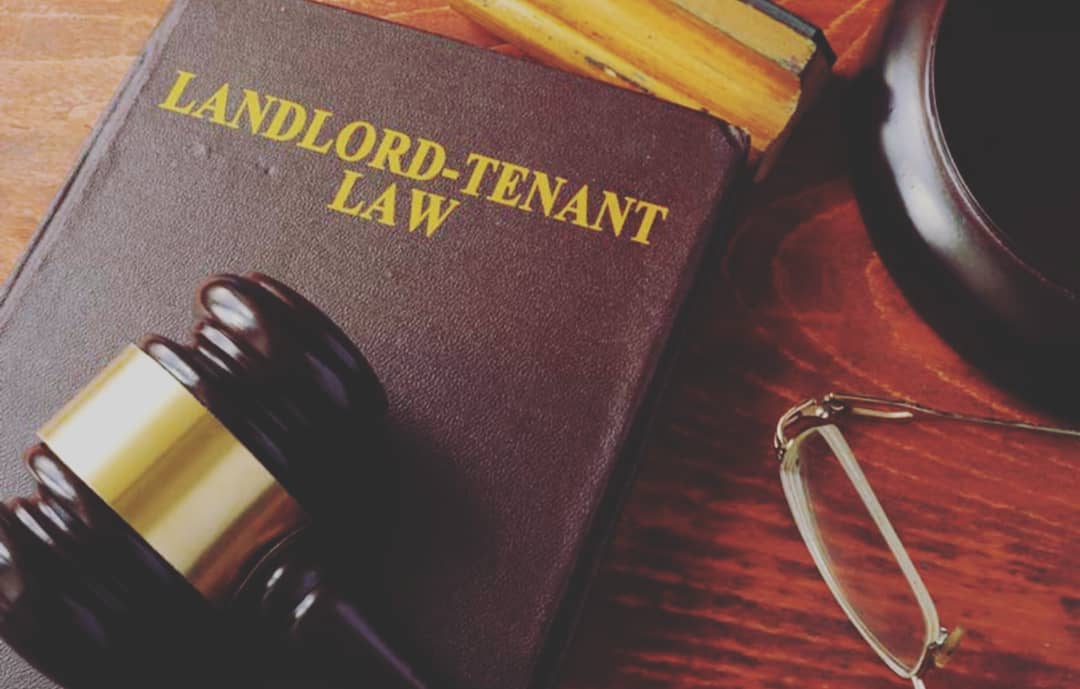A Comprehensive Guide for Landlords: What Is a Security Deposit?
As a landlord of a rental property, it makes sense to collect a security deposit in order to protect yourself against a tenant’s failure to properly care for the property. However, before you can get started collecting any deposit money, you must understand your obligations in this process.
What is a security deposit?
At its core, a security deposit is a fixed amount of money a tenant gives a property manager or landlord upon moving into a new apartment or rental property. Also known as a “damage deposit,” a security deposit is a refundable deposit that can be returned to the tenant shortly after the lease agreement has ended. However, it can also be kept by the property owner in the event of property damage or unpaid rent rather than taking the tenant to small claims court.
As the property owner, it’s important to note there are many terms and conditions that govern the way a renter’s deposit money should be handled during the lease term and refunded at the end of tenancy.
How much should a tenant’s security deposit be?
In general, a security deposit is usually worth around a month’s rent, but as noted. Here’s some guidance on how much a tenant security deposit should be:
- Consider the size of the rent payment: Think about whether a month’s rent is enough to cover repairs in the event there’s property damage.
- Weigh the results of your tenant screening: If your new tenant has a history of evictions or a low credit score, you may want to collect more deposit money then you would for a tenant with a spotless record.
- Don’t forget to account for amenities: If you offer any particular amenities, like a furnished unit, for example, you may want to collect a little more in order to ensure you’re able to protect those items.
How to determine whether to return a tenant’s security deposit
Now that you know a little bit more about what a security deposit is and how to set one appropriately, the next step is to learn how to determine whether to return a tenant’s security deposit. With that in mind, here are the five main reasons why landlords keep a security deposit:
Property damage: Visible damage to the property such as holes in walls, broken appliances, or big stains on the carpet can be reasons to hold back a tenant security deposit. However, normal wear and tear to the rental unit, such as faded paint and worn carpet, are not considered sufficient cause for holding back a deposit.
Cleaning costs: Again, there’s a fine line to walk here. While some amount of cleaning is to be expected when turning over a property, if the tenant left an excessive mess or personal items you need to clean out of the property, you may have the right to hold back part of their security deposit as a cleaning fee.
Nonpayment of rent: There is generally very little argument that a landlord is allowed to hold back a tenant security deposit to make up for any unpaid rent.
Unpaid bills: The same applies if the tenant leaves behind any unpaid bills.
Broken lease: In some situations landlord is also allowed to keep the security deposit if the tenant breaks the lease agreement.
The bottom line
Lastly, no matter what terms you choose to have surrounding your security deposit, it’s absolutely essential you spell it all out in your rental agreement. In fact, if you’re just getting started in property management, it may be a good idea to have a real estate attorney review your lease agreement to make sure everything





